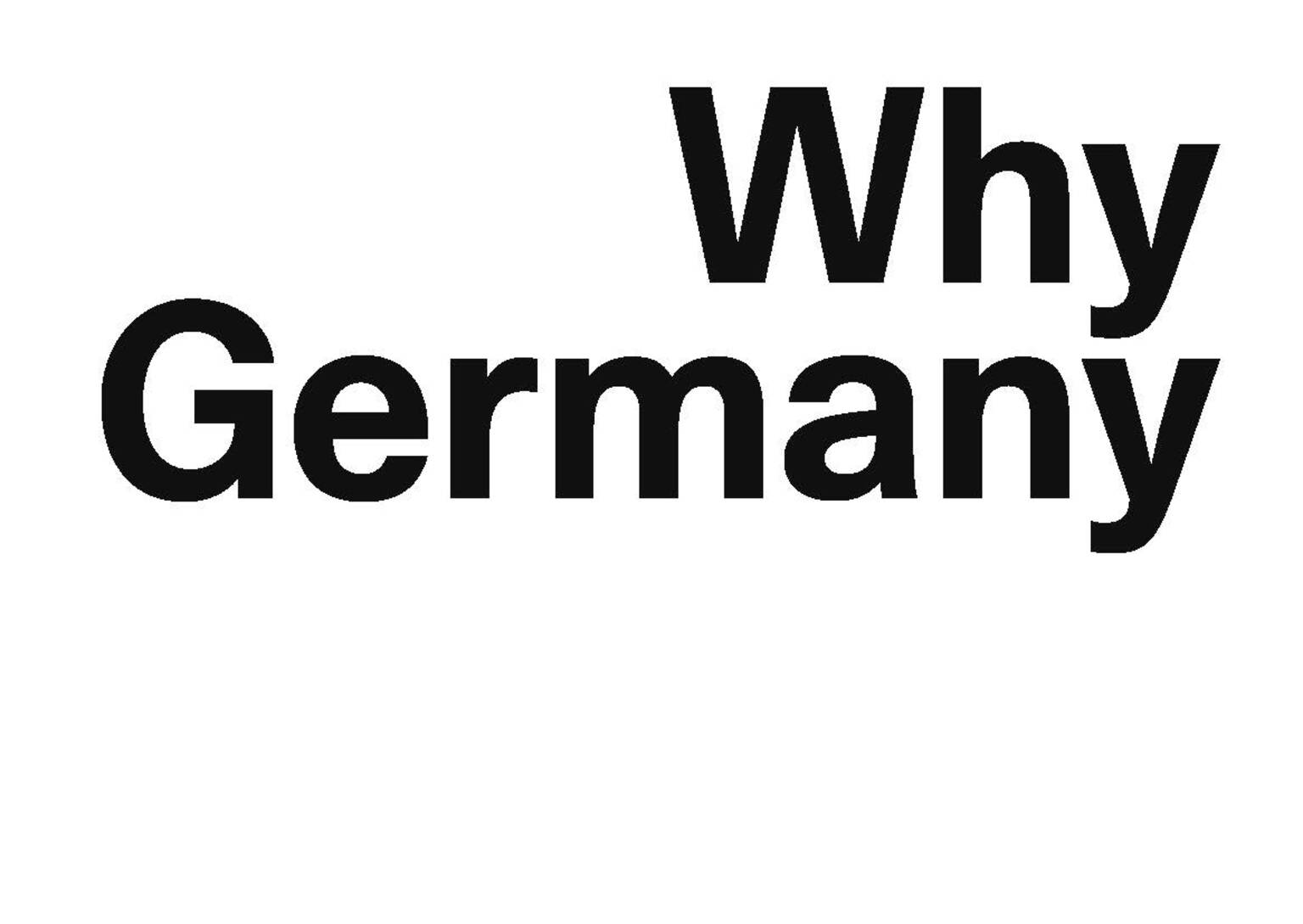Forelesning

WHY GERMANY with Sami Khatib and Tirdad Zolghadr / Palestine and German Fragility
Kunstakademiet is proud to be one of the hosts of the itinerant international online lecture series WHY GERMANY, organized and moderated by curator Tirdad Zolghadr.
Register in advance for this webinar here: https://khio-no.zoom.us/webinar/register/WN_v-2IZnGRQvuUjH159cTcag
The event will be held on Zoom in English and is open to the public.
In collaboration with DE Appel (Amsterdam), CRA Goldsmiths (University of London), Ashkal Alwan (Beirut), OMAM (Université Libre de Bruxelles, Royal Institute of Art (Stockholm), School of Architecture Royal College of Art (London), Oslo Academy of Fine Art and the Dutch Art Institute.
The speaker hosted by Kunstakademiet on 28 May is the author and academic Sami Khatib. Sami Khatib’s work spans the fields of Aesthetic Theory, Critical Theory, Media Theory and Cultural Studies with a special focus on the thought of Walter Benjamin.
Palestine and German Fragility
The credo of anti-Palestinian racism in Germany is simple: the state that claims to speak in the name of victims murdered in Germany’s name cannot itself be a state of injustice, terror and genocide. For if it were so, Germany’s historical balance sheet of atonement might not add up. Once an ethno-national state succeeds in defining itself as the sole representative and successor of a victim-collective, those who resist and fight this ethno-national project must be framed as criminal, terrorist or barbaric. As much as Israel needs German weapons, economic and diplomatic support, Germany needs its Israeli friendship to prove to itself and the world that it has come to terms with its “evil past.” Palestinian existence spoils this bildungsroman of moral reparation and economic success. As a result, one can speak of a quasi-transcendental anti-Palestinian sentiment in contemporary German politics. This "German Catechism" (A. Dirk Moses) holds that antizionism equals antisemitism and casts Palestinians as potential antisemites until proven otherwise. In this way, Germany’s psycho-political support of Zionism and an ethno-nationally defined Israel acquires a quasi-religious character. This ‘catechism’ does not only apply to mainstream political discourse but also organizes whose voices under which conditions are heard in public debates. In a post-migrant society like Germany, this discursive gatekeeping amounts to back-door racial profiling: people from non-German backgrounds are expected to learn and get used to this ‘catechism'. In effect, this ‘catechism’ frames the construction of Palestinian identity under the premises of Israel-related antisemitism. This can even lead to the accusation that the very signifier of 'Palestine' (along with Nakba, occupation or genocide in Gaza) is perceived as antisemitic. Palestine has become a name for German fragility.
Speaker: Sami Khatib
Moderator: Tirdad Zolghadr
Bios
Sami Khatib is currently a research associate at the Orient-Institut Beirut. His publications include a co-editorship of the volume ‘Critique: The Stakes of Form’ (Zürich, Berlin, 2020) and authorship of the book ‘“Teleologie ohne Endzweck: Walter Benjamins Ent-stellung des Messianischen’ [‘“Teleology without End.” Walter Benjamin’s Dislocation of the Messianic’] (Marburg, 2013).
> https://www.orient-institut.org/people/person/sami-khatib.html
Tirdad Zolghadr is a curator and writer. Published writing includes fiction as well as curatorial research, e.g. REALTY: Beyond the Traditional Blueprints of Art & Gentrification (Hatje Cantz 2022). Curating includes an associate curatorship at KW Institute of Contemporary Art (2017-20) as well as biennial settings and long-term collective efforts. He co-initiated the Why Germany series in light of recent experience as Guest Professor at the Graduiertenschule program of the UdK Berlin.
About WHY GERMANY
Within Germany, some of the most effective actors in the intimidation of Palestinians and their allies over recent months have been cultural venues, art schools and academic institutions. The hostility towards advocacy for Palestinian lives has surpassed recent escalations across Europe or the USA: the lockstep is more thorough, the language more hateful, the measures more extreme. With the help of historical perspectives and specific case studies of German art schools, universities and civil society, the Why Germany international lecture series addresses the eclipse of free speech and its ramifications for local cultural landscapes, but also for neighbors and allies - not to mention for Palestine itself. These weekly lectures are co-hosted by a network of institutions that grows over time. By means of a rolling program, it creates a space for creative, informed and considered expression. Importantly, the series will move beyond critique alone, to propose strategies for the future: which languages, alliances, policies and support systems might ensure a measure of autonomy in the longer term?
For links and updated information about the other lectures in the series please visit:
https://www.deappel.nl/en/archive/events/1237-why-germany-online-lecture-series
For link and updated info please visit: https://artacademycalendar.khio.no/